Post-Traumatic Stress Disorder (PTSD) is a mental health problem you may develop after experiencing traumatic events. The condition was first recognised in war veterans. It has had different names in the past, such as 'shell shock', but it's not only diagnosed in soldiers.
In fact, a wide range of traumatic experiences can cause PTSD:
- being involved in a car crash (especially where you survive and others are killed)
- being raped or sexually assaulted
- abuse that targets your identity
- any event in which you fear for your life
- experiencing, or being a victim of violence
- seeing other people hurt or killed
- doing a job where you repeatedly see or hear distressing things, e.g. in the emergency services
- surviving a natural disaster, such as flooding, or an earthquake
- traumatic childbirth as a mother, or as a partner witnessing this
- losing someone close to you in particularly upsetting circumstances
- being sectioned or getting treatment in a mental health ward
- being diagnosed with a life-threatening condition.
And it can go deeper - Complex Post-Traumatic Stress Disorder
Sometimes abbreviated to c-PTSD or CPTSD is a condition where you experience PTSD with additional symptoms, such as:
- difficulty controlling your emotions
- feeling very angry or distrustful towards the world
- constant feelings of emptiness or hopelessness
- feeling as if you are permanently damaged or worthless
- feeling as if you are completely different to other people
- feeling like nobody can understand what happened to you.
With complex PTSD you’re likely to experience what some people call a ‘flashback’. This is where you have intense feelings that you originally felt during the trauma, such as fear, shame, sadness or despair. You might react to events in the present as if they are causing these feelings, without realising that you are having a flashback. You don’t know where it comes from, but it does.
Likely causes of complex PTSD
This isn’t straightforward forward. Tt may be one or several of the following combined:
- childhood abuse, neglect or abandonment
- ongoing domestic violence or abuse
- repeatedly witnessing violence or abuse
- being forced or manipulated into prostitution (trading sex)
- torture, kidnapping or slavery
- being a prisoner of war.
And you are more likely to develop complex PTSD if:
- you experienced trauma at an early age
- the trauma lasted for a long time
- escape or rescue was unlikely or impossible
- you have experienced multiple traumas
- you were harmed by someone close to you.
I know that so far this blog seems like nothing more than a list. But I’m asking you to self-diagnose and/or appreciate what others go through. After all, this is National PTSD Awareness Day.
The fallout from PTSD can leave a legacy that lasts a lifetime. Anxiety, depression, guilt, worthlessness, drug and alcohol use to name but a few.
Unless you decide to change course and seek help.
And that’s what Cognitive Behavioural Therapy and hypnosis are all about.
Changing how you think, feel and act about an event in your life that’s left you deeply out of sorts.
Firstly, it’s not easy.
Secondly, you have to trust someone. A therapist like me who’ll understand, be at your side and help you take away the meaning from what happened.
I can’t erase it like wiping software, but together we can give it less prominence when the thought appears.
Thirdly, it has to be your idea. You come because you want to change not because someone is cajoling you. It’s your journey.
Combing all three gives you the greatest chance of success.
Giving the trauma less meaning. So, as the saying goes, “Life is understood backwards, but lived forward”.
In effect, the trauma doesn’t hold you back.
Who am I?
I’m James Thomas. A Cognitive Behavioural Hypnotherapist. I’ve helped people come to terms with all sorts of traumas.
I have rooms in Louth and Lincoln.
Contact me at jamesthomas@thegentlemind.co.uk or call 07787563099.
There’s a calmer, less troubled version of you in there and working together you can get there.









